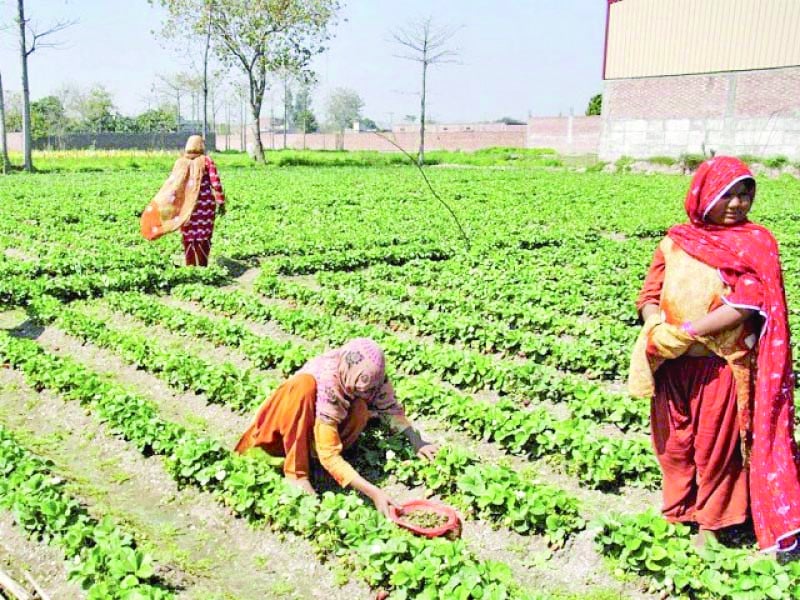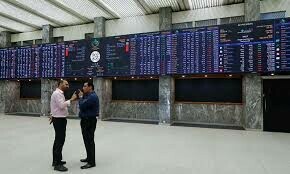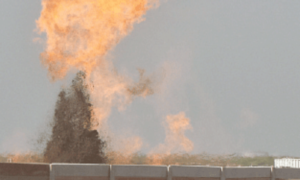KARACHI:
Highlighting the indispensable role of women working in the agriculture sector, speakers at a moot said 67% of women are actively involved in the sector, but often remain undercompensated and face low wages. The speakers urged all stakeholders to scale up women’s representation in economic and marketing sectors and address minimal involvement of women in market activities.
They said this during a launching ceremony of the two-day ‘1st International Conference on Agriculture Development & Women Empowerment & Way Forward (ICADWE-2025)’ organised by the Sindh Agriculture University (SAU) in Tandojam on Wednesday.
Provincial Minister for the Women’s Development Department, Shaheena Sher Ali, underscored the critical role of rural women in Sindh’s agricultural sector, describing them as true “working women” who deserve the same recognition and support as afforded to professionals in other fields. She announced the establishment of 115 daycare centres across Sindh to support working mothers engaged in agricultural labour.
She praised the immense contributions of women who juggle their jobs and household responsibilities, ensure their children are educated, and work alongside men in the fields to secure a brighter future for their families.
“We must celebrate the pride of children who can stand on stage and proudly say they are the sons and daughters of farmers,” she said, while pleading for societal acknowledgment of their efforts.
Acting SAU Vice Chancellor (VC) Dr Altaf Ali Siyal highlighted the indispensable role of working women in agriculture, noting that 67% of women are actively involved in the sector, but often remain undercompensated or face low wages. He advocated for equal land ownership rights for women, acknowledging their substantial contributions to all phases of farming, from planting to harvesting. Siyal called upon families, governments, and communities to address barriers to women’s empowerment and to include them in decision-making processes.
Talking about the health and socio-economic challenges faced by women who work 12 to 14 hours a day in the fields, Anne Klervimarie Cherriere from the Food and Agriculture Organisation (FAO) noted their disproportionate exposure to climate change impacts, food insecurity, and gender-based inequalities.
Social and economic reformer Zahida Detho called for reforming the system to integrate women into marketing roles. She pointed out that while women perform the majority of labour-intensive tasks in agriculture, men dominate the market-side activities. She highlighted inadequacies in the legal and social support systems, including shelters, protection cells, and complaint mechanisms for women, advocating for comprehensive reforms to ensure equitable treatment.
Speaking to The Express Tribune about female cotton pickers, Sindh Agricultural and Forestry Workers Coordinating Organisation (SAFWCO) Founder and President Suleman G Abro said there are several government departments, including women’s development, social welfare, labour, health, and others that are not playing their due role in empowering agricultural working women. He said the agriculture sector must be considered an agro-based industry that will benefit both the government and agricultural workers.
He said female cotton pickers are deprived of all basic facilities, including gloves, long boots, and others, during the picking season. While there is a big question over their meagre wages, whatever they earn, they have to spend on medical treatment because of various skin and other health problems following unhygienic conditions in open fields. He said rural working women are being ignored because they are illiterate and unable to fight for their fair rights. He said actions must be taken against the corporate sector as cotton ginning factories are also not fulfilling their Corporate Social Responsibilities (CSRs) in these areas.
Eminent Sustainable Agriculture Expert Dr Muhammad Ismail Kumbhar called for promoting women entrepreneurship in the agriculture sector as these uneducated women are unable to open bank accounts and access technology. He said there is an urgent need for imparting vocational training to these neglected women about some matters of finance and technology. He said the agriculture sector consists of farming, livestock, poultry, and fisheries, where more than 60% of women are working. They can play a vital role in bolstering up the agricultural economy if they are given proper wages, facilities, and training.









